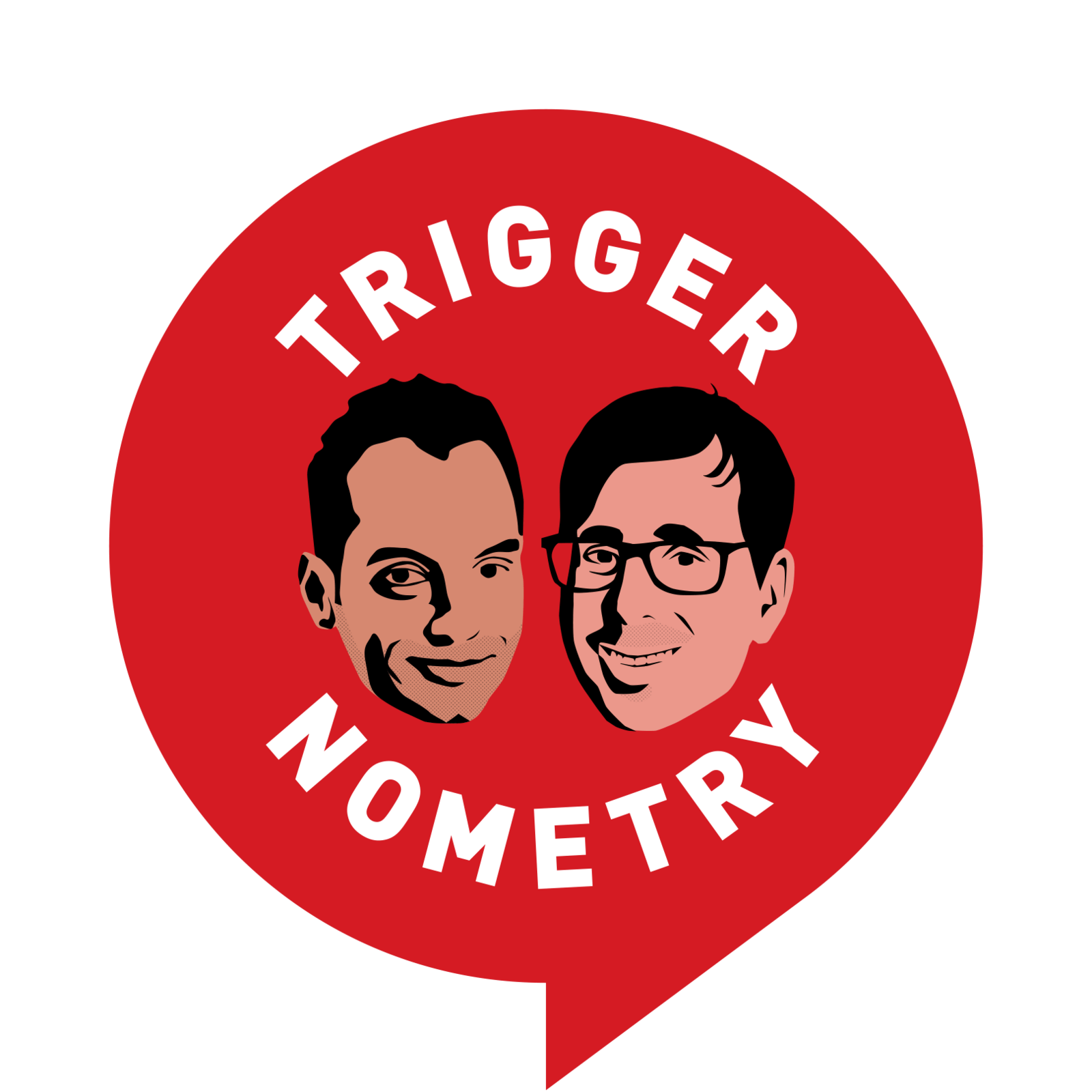PortalsOS
Related Posts
Vote to see vote counts
The abandonment of the gold standard during World War I allowed countries to print money to fund the war, which would not have been possible if they adhered to gold's discipline. This shift marked the beginning of the end for Europe's dominance.

Bitcoin is considered the perfection of money, being described as perfect energy money, unlike gold, which is inefficient energy money.

Throughout history, gold has been melted down and repurposed, erasing its provenance. This means that a piece of gold today could have been part of ancient artifacts or even handled by historical figures.
Gold's permanence and immutability make it a fantastic store of value. Long after digital technology and Bitcoin are history, gold will remain exactly as it is, offering a timeless form of wealth preservation.

All our oldest written documents are bills of sale, highlighting the historical importance of trade. These documents include complaints about debt and accounts of commodities like copper.
Gold and Bitcoin are non-government forms of money that cannot be debased, offering protection against currency devaluation. They may play a crucial role in the future.
When gold was money, the only way to create cash was by mining gold, a dangerous and expensive endeavor. Now, with no gold standard, money can be created through various means, such as printing money and issuing debt.
Every great empire, from the Greeks to the Romans to the British, has had its currency serve as the global reserve. Currently, the US holds this position, but China's rise could challenge it.
Since the final vestiges of the gold standard were abandoned in 1971, the supply of money has ballooned. This has led to more money chasing the same amount of goods, contributing to the rise in prices over the years.
The gold sovereign, introduced in 1816 after the Napoleonic Wars, was the most successful coin in history. Today, it takes 650 modern pound coins to buy what one old pound coin was worth, illustrating the extent of currency debasement over time.